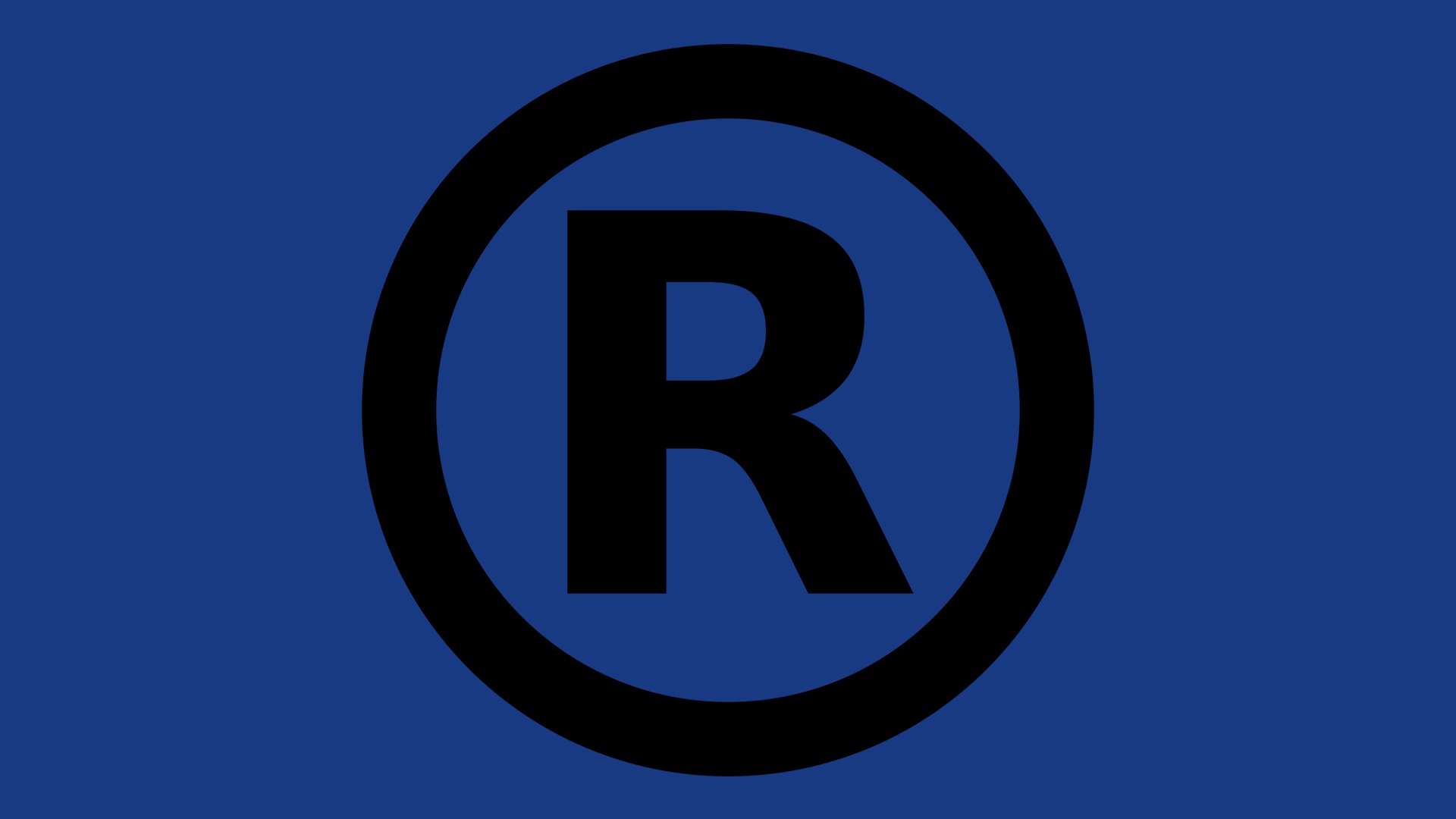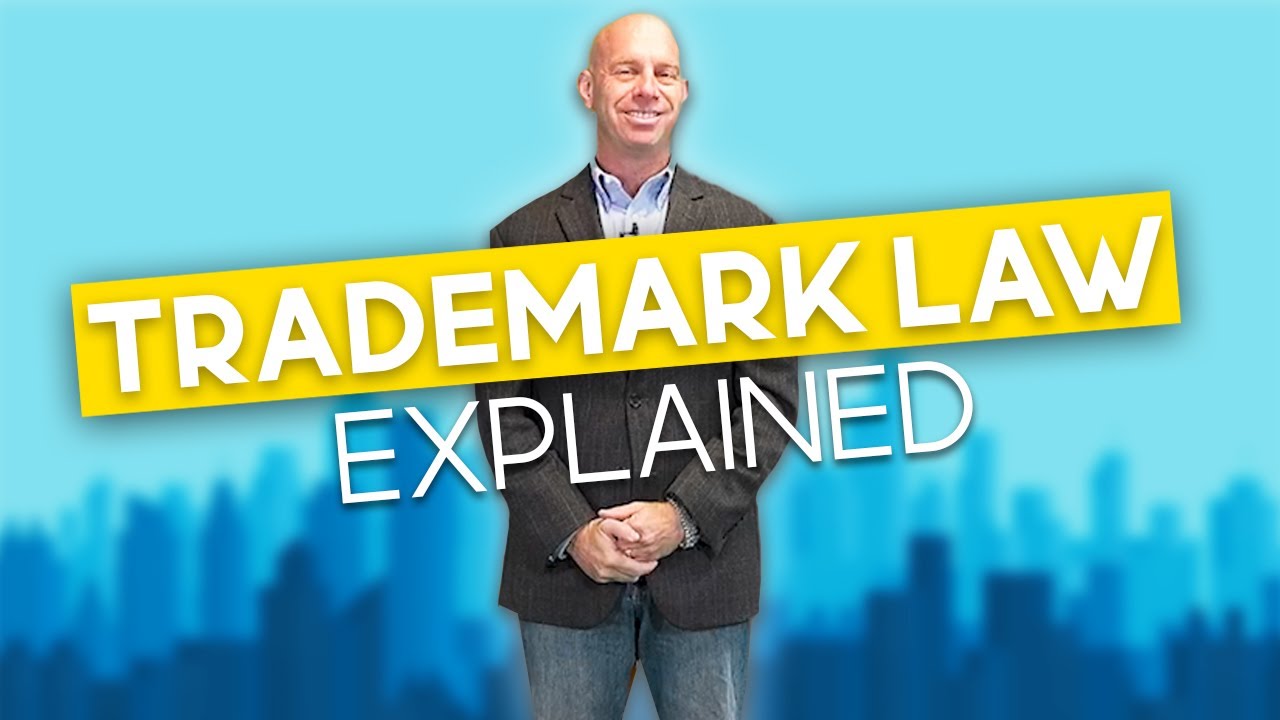
“Fair Use” is the use of someone else’s trademark in a way that will not subject the user to liability for infringing the owner’s rights. Fair use is a defense to a claim of trademark infringement.
The first type of fair use is known as “classic” or “descriptive” fair use. This is where the trademark is being used to describe the seller’s goods or services, geographic origin or the owner of the business. The other type is called “nominative fair use.” A nominative fair use occurs when someone uses another’s trademark without any likelihood of confusion as to the identity of the original owner. The term “junior user” refers to the person or business that is using someone else’s mark.
Types of Fair Use of Another’s Trademark
Classic Fair Use
Classic fair use under the Lanham Act is when a junior user uses language or images of a trademark owner’s to describe his or her own products or services. In order to prove classic fair use of a mark it must be proven that:
- The junior user’s use is not a trademark or service mark
- The junior user’s use of the term is fair and in good faith
- The junior user only uses the terms to describe its goods or services.
For example, if a juice company were to describe the flavor of their product as sweet and tart, they are not violating trademark rights of the candy company Sweet-Tart. The company that produced Sweet-Tart candy was unhappy with the hyphenated structure of the advertisement and they sought an injunction against the juice company for trademark infringement. The facts are that the juice company were not using the words sweet and tart to use the Sweet-Tart brand to promote their product. They were simply using the term to describe their own product. The company also did not act in bad faith as they used the terms “sweet” and “tart” in a descriptive manner; they are not using the trademark or the Sweet-Tart brand in any fashion to promote the juice.
Nominative Fair Use
This is when the junior user uses a company’s trademark to promote the trademark owner’s goods and services. As long as there is no likelihood of confusion, there will not be trademark infringement. The 3 elements for nominative fair use:
- The plaintiff’s product/service in question must be not readily identifiable without use of the trademark
- Only so much of the mark/s may be used to identify the plaintiff’s product/service
- The user must do nothing that would suggest sponsorship/endorsement be the trademark holder
Consider the example of a famous television host who loaned his name to a commercial business to use for advertisements. Dick Clark, host of popular television shows such as “American Bandstand” gave Olive Enterprises, Inc. the exclusive right to use his name for commercial benefit through a loan agreement. Olive received an official service mark for “Dick Clark” through the USPTO. The first element that verifies nominative use of this trademark is met because there is no descriptive substitute for describing the individual and the only option for referring to him is by using his name. The second element was met because the term “Dick Clark” was not used over-zealously to the point it would be considered too much of the mark. The size and color of the font used in the advertisement were only used to refer to the TV personality and no unnecessary tools, such as photographs, were used to identify him. The third and final element is met because Olive did not claim to have the endorsement or sponsorship of the trademark holder in this case “Dick Clarke.” There were no references made to indicate that the person associated with the term is in conjunction with the brand for other anything other than referring to the TV personality. This means that Olive’s actions were protected by the Lanham Act and there is no trademark infringement.
If you have any questions, call us for a free consultation: 1-877-9-SELLER.
Our law firm is geared towards intellectual property and brand protection for the ecommerce marketplace.
GET HELP NOW: We are required by law to assure you 100% confidentiality. We protect your privacy under the Attorney-Client Privilege.
Rosenbaum Famularo, PC, the law firm behind Amazon Sellers Lawyer.








